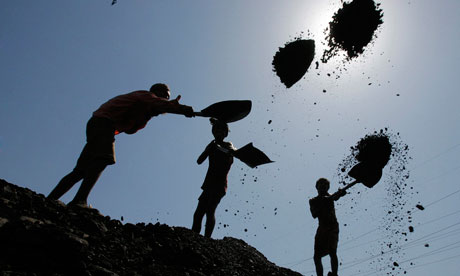Geothermal energy is getting popular among the Indian energy companies and government policymakers. The Ministry of New and Renewable Energy had commissioned a research, development and demonstration program involving geothermal energy. The program aimed at locating the potential geothermal energy exploration sites in several states across the country.
The program covered states like Jammu & Kashmir, Himachal Pradesh, Uttarakhand, Chhattisgarh and Jharkhand. Many of these states have confirmed the identification of geothermal potential sites. Some of the most active geothermal sites are believed to be located in Jammu & Kashmir with significant resources potentially present in Himachal Pradesh and in central India.Geothermal energy is getting popular among the Indian energy companies and government policymakers. The Ministry of New and Renewable Energy had commissioned a research, development and demonstration program involving geothermal energy. The program aimed at locating the potential geothermal energy exploration sites in several states across the country. More >>>







